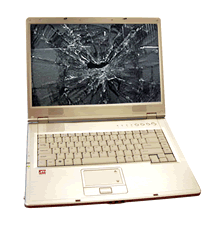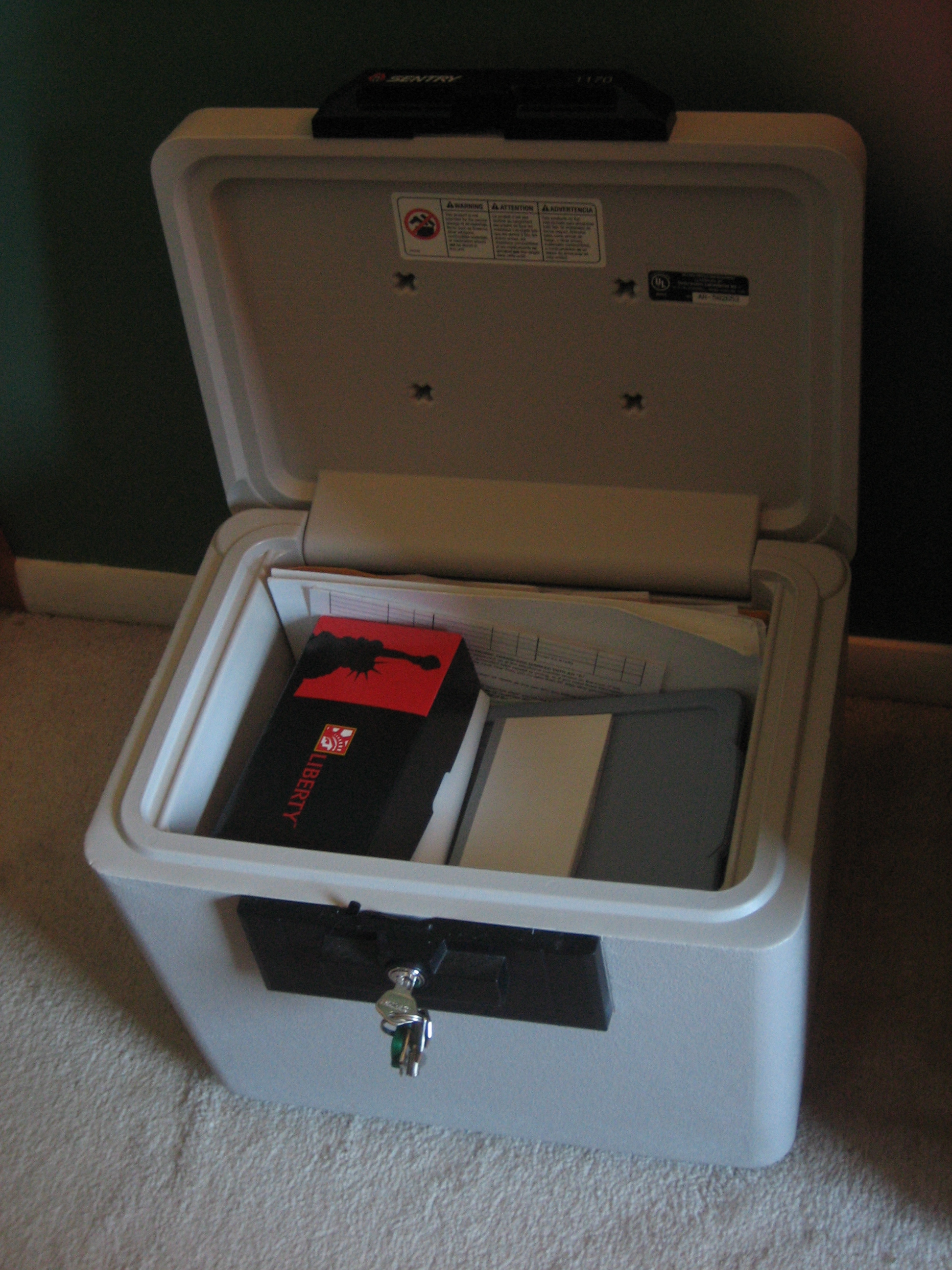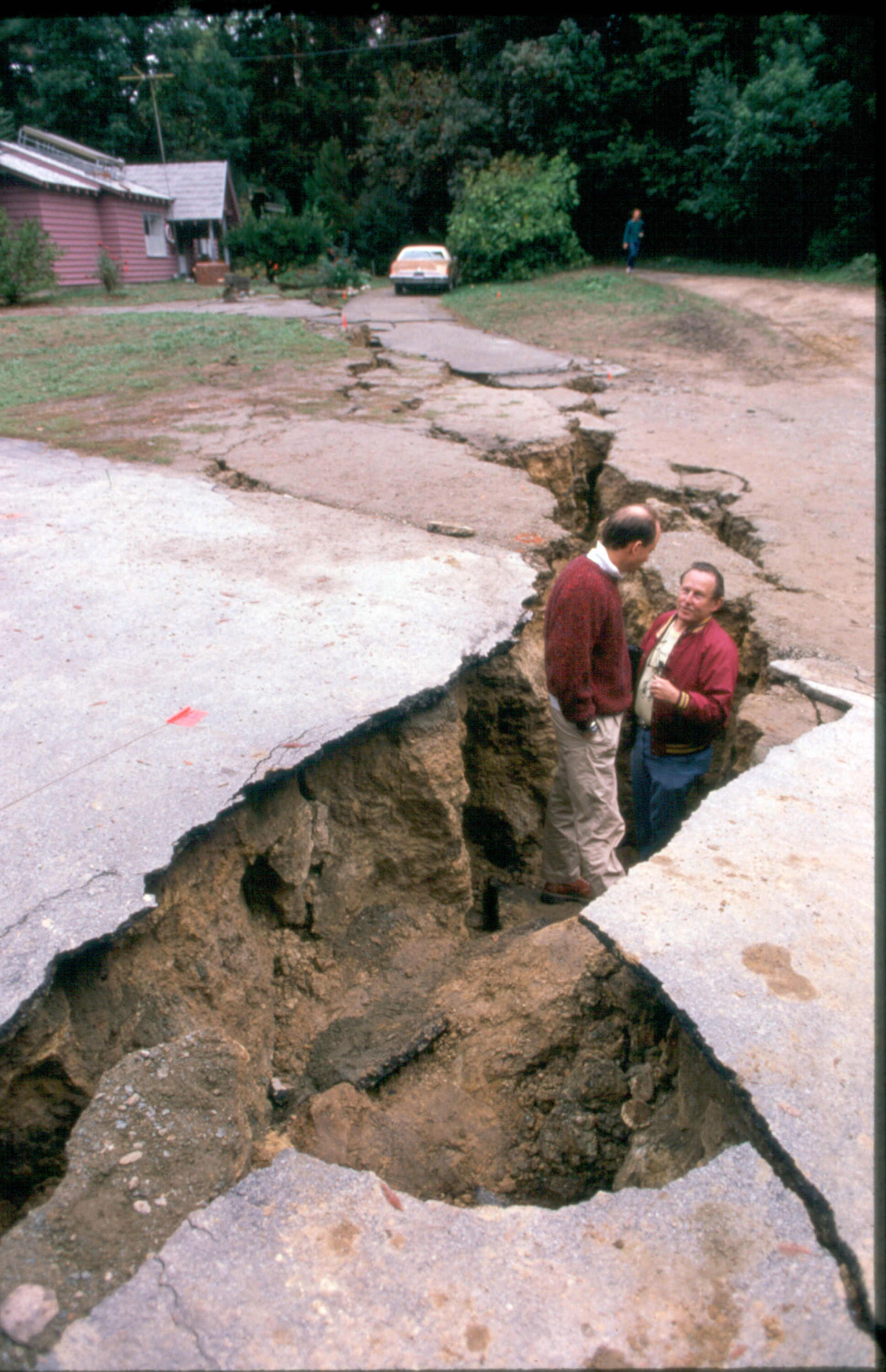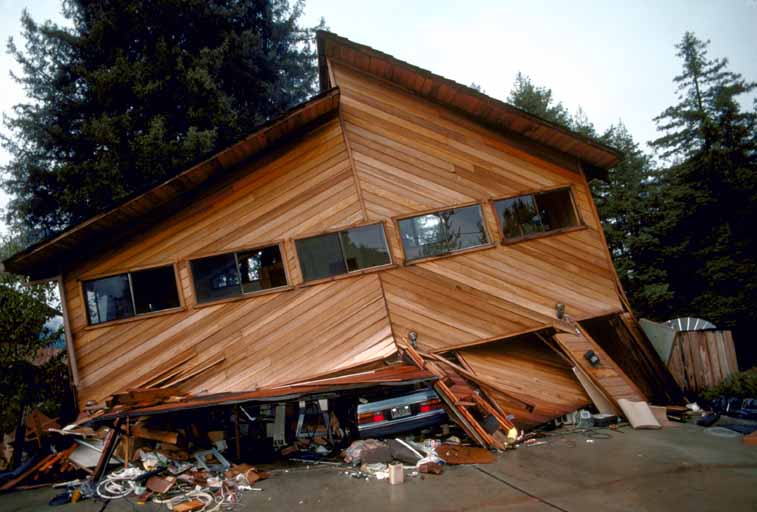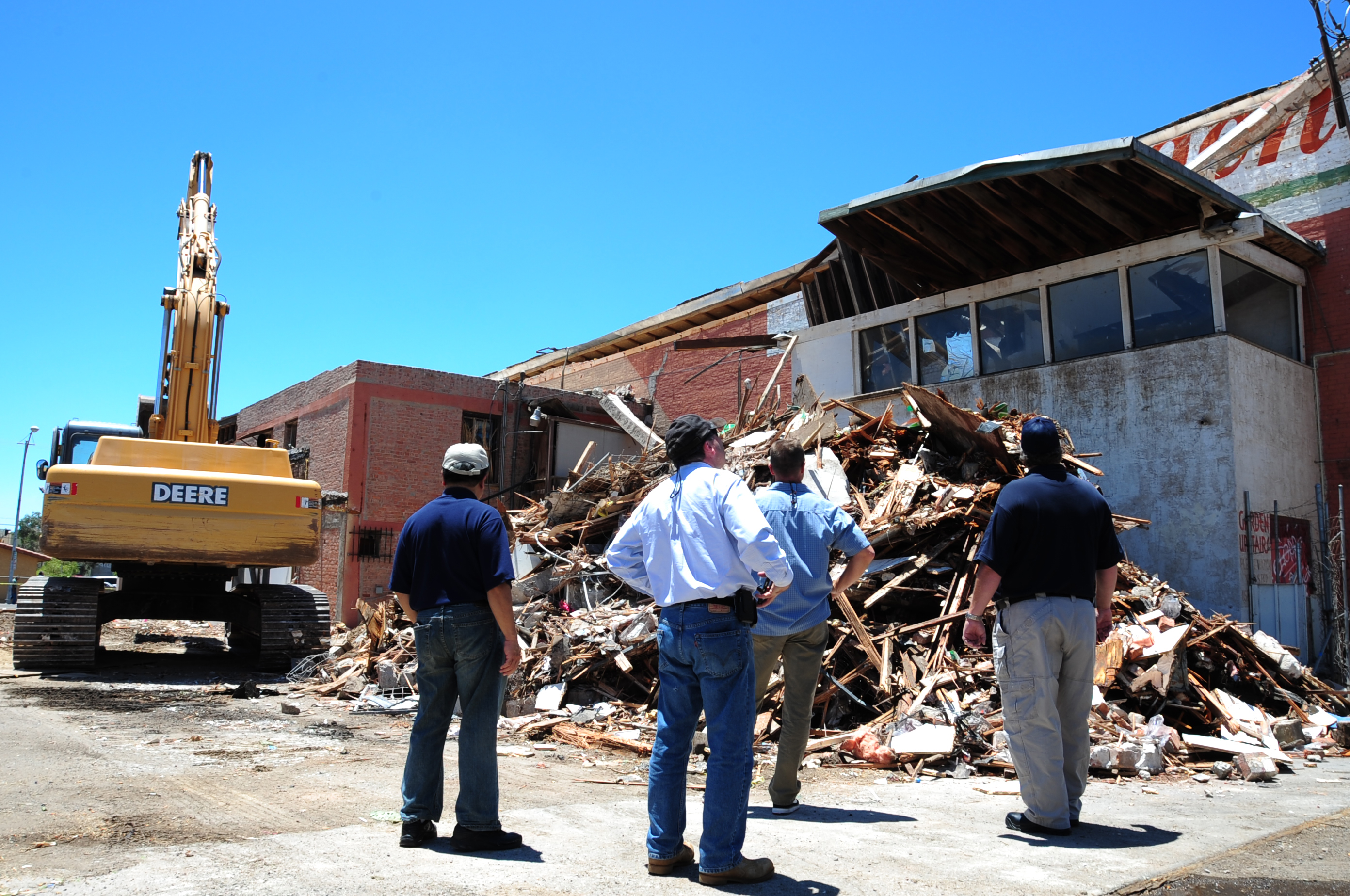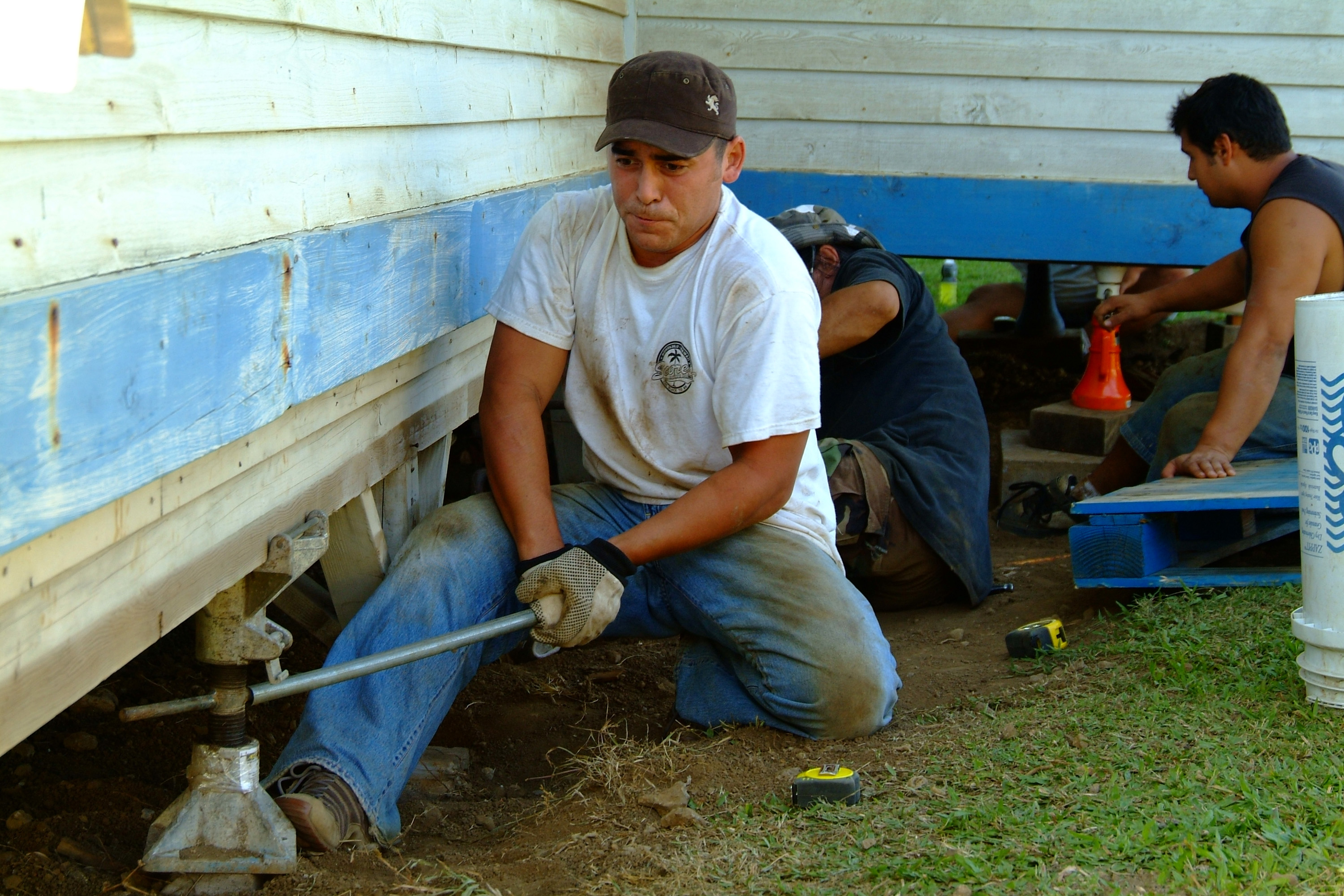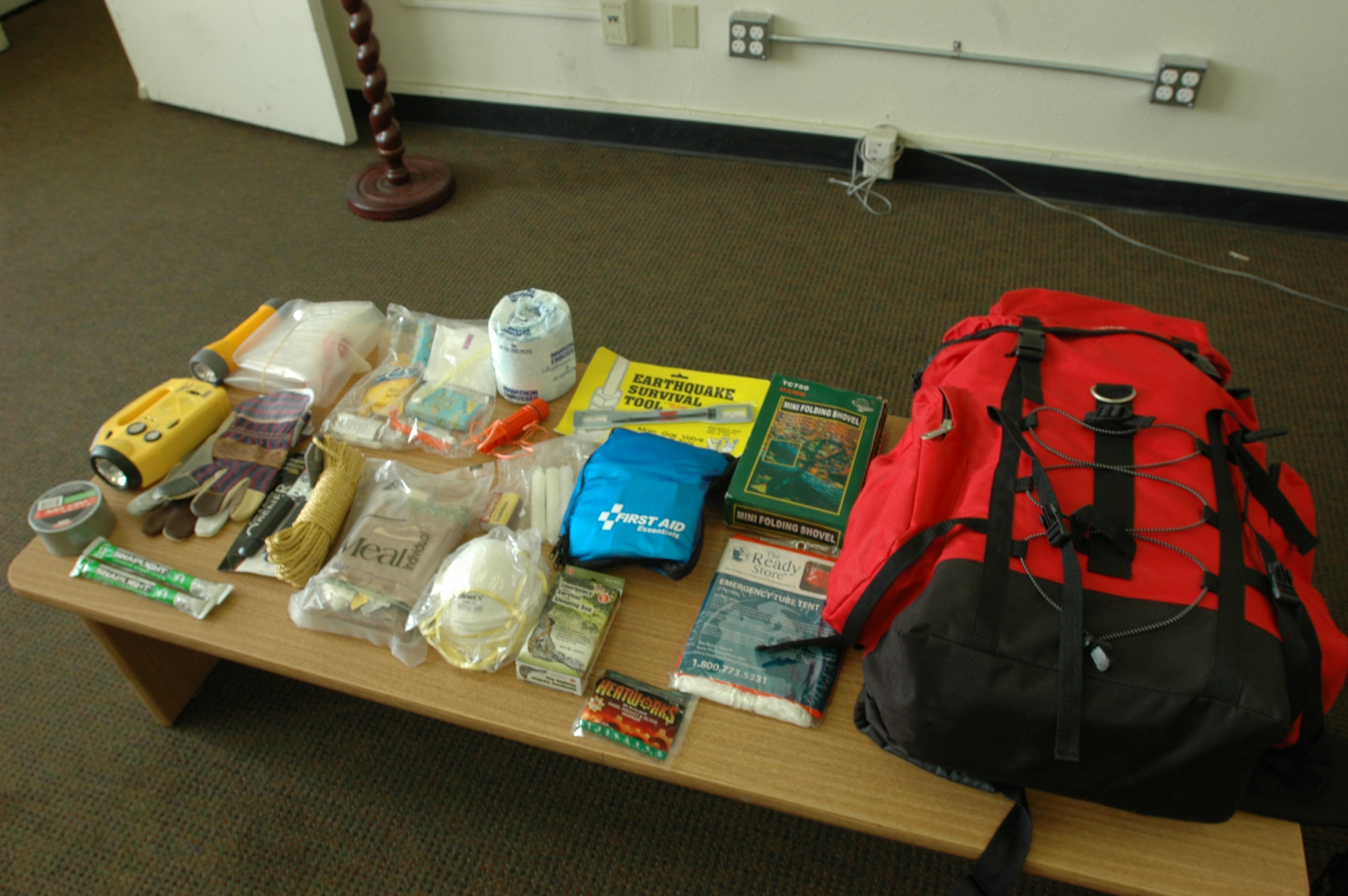Wednesday, December 9, 2015
Wednesday, November 25, 2015
The things on my list...
I've heard it said that when you love your
work, you'll never work a day in your life.
Besides family, friends, and what promises to
be an amazing feast - this Thanksgiving eve I am feeling especially thankful
for my work with Totally Orderly. Eleven years in, and I 'm still so happy to
make a living doing something that brings me such joy.
I am most grateful to my amazing customers,
each and every one. They teach me so much and I will always honor how
they invite me into their lives.
Likewise I can't imagine working in this
industry without the countless colleagues, mentors and leadership experiences
I've enjoyed with the National Association of Professional Organizers.
I'm even feeling grateful for social media,
with all its pros and cons, for the myriad ways I can learn and grow with
others around the world. But especially for Pinterest - oh geez I love
Pinterest!
Our work does not define us, but what a joy
it is when we love it.
Today I count my work, my business, and all
those involved, among my blessings.
Thank you and Happy Thanksgiving.
Monday, October 5, 2015
Can You Prove You are You? 3 Ways to Protect Your Identity if Disaster Strikes
Imagine a fire, a
flood, a tornado taking everything – your home and all of its contents. Imagine
your laptop, smart phone, files and wallet - gone, too. Could you recreate your
identity? Could you prove you are who you say you are?
Could you prove you
are YOU?
Victims of Hurricane
Katrina faced this complicated form of “identify theft” when flood waters
washed away everything they ever owned, as described in this
story.
·
Passports and birth certificates: gone
·
Keys to bank deposit boxes: gone
·
Driver’s licenses, utility bills, credit cards:
gone
September was National Preparedness Month and we
heard an awful lot about emergency kits and safety plans. Indeed, I wrote about
three different kinds of kits here. But perhaps the
most important kit of all is the Identity
Kit – a collection of all the data needed to rebuild one’s life – should
disaster strike.
The Identity Kit
Like any emergency
kit, it’s better to have some kind of
Identify Kit versus no kind of Identity
Kit. Here are three options for safeguarding your important information (a list
of vital documents follows):
Old School: take TWO front and back copies of all important cards and
documents. Keep one set in a safe location in your home. Make sure you remember
where it is and that it’s accessible in an emergency. Secure the other set with
a trusted person in another state or city.
Tech All the Way: use spreadsheets, inventory
software, or password
managers to track account numbers, usernames, and other important data.
Upload pictures and photocopies, too. Store everything in the cloud for easy
access anywhere.
Diversify: if Old School seems too limited, and Tech All the Way
too risky, a combination of paper copies, electronic docs and cloud storage
will cover all bases.
THE
IDENTITY KIT
|
|
IDENTITY
DOCUMENTS
|
Birth Certificates
Marriage Certificate/Divorce
Certificate
Passports
Social Security Cards
Driver’s Licenses/State Issued ID
Cards
|
FINANCIAL
DOCUMENTS
|
Bank Accounts
Credit Card Accounts
Investment Accounts
Securities & Trusts
Last Tax Return
Loan Documents
Outstanding Debts
Safe Deposit Box Key
|
PROPERTY
|
Mortgage Papers/Deed
Other Properties (rentals, vacation
homes)
Car Title(s)
Other Titles (boat, motorcycle, RV)
Inventory of Home Contents
|
INSURANCE DOCUMENTS
|
Home Insurance Policy
Car Insurance Policy
Life Insurance Policy
|
MEDICAL DOCUMENTS
|
Health Insurance Cards
Medical Records
List of RX Medications
|
LEGAL DOCUMENTS
|
Wills
Medical Directives
Powers of Attorney
Business Documents
|
DON’T FORGET
|
Phone Numbers (lots of people don’t
know these anymore)
Cash (small denominations)
Complete List of Passwords & Logins
|
Richard Kline said:
Confidence is Preparation.
Everything else is beyond your control.
Emergency Preparedness brings peace of mind.
Build your Emergency Kits.
Make your Emergency Plans.
Everything else is beyond our control.
The
following websites have loads of information about disaster preparedness:
Ready.gov (a part of FEMA)
Labels:
binders,
choices,
consistency,
containers,
decision making,
emergency preparedness,
families,
goals,
habits,
organizing,
priorities,
productivity,
structure,
systems,
time management,
tips,
travel
Monday, September 28, 2015
Beyond Canned Food and Flashlights | 3 Things You Must Know about Disaster Preparedness
The Pacific Northwest
flies under the radar as natural disasters go. We get the occasional wind storm
or mudslide, and forest fires are certainly a summertime regular, but tornadoes
and hurricanes or weeks of sub-zero temps mostly stay away.
Which is partly
why the recent article in The New Yorker
entitled The Really
Big One by Karen Schulz shook Oregon and Washington residents to their
collective core.
An earthquake of absolutely epic proportions
is lying in wait just off the coast of the Pacific Northwest.
The Cascadia
subduction zone, a fault line where the Juan de Fuca oceanic plate is
slowly forcing its way under the North America tectonic plate, is part of the “ring of fire.” Lesser
known than the famous
San Andreas fault, the Cascadia subduction zone is becoming a household
name on the west coast. When these dueling plates give way, and they will, the resulting earthquake
could register an astounding 9.3. The tsunami that follows will destroy
everything in its path.
From the article:
“Our operating assumption is that everything west of Interstate 5 will be
toast,” says Kenneth Murphy, who directs FEMA’s Region
X, the division responsible for Oregon, Washington, Idaho and Alaska.

FEMA projects:
·
13000 deaths
·
27000 injuries
·
1M displaced people needing shelter
·
2.5 M people needing food and water
Survivors will face months if not years of
rebuilding.
Planning for this
sort of devastation is so overwhelming it seems almost pointless,
and that might be
one of the reasons most of us have neither an emergency kit nor an emergency
plan.
September is National Preparedness Month and this
is the third in a four part series of posts on Emergency Kits. Thus far we’ve
talked about the Car
Kit and the Under
Bed Kit. This week we will focus on the Stay at Home Kit.
We must understand
these THREE ESSENTIALS when building our Stay at Home Emergency Kits.
1. You're On Your Own
When disaster
hits, police, fire and medical go to the hardest hit, most highly populated
areas. Folks in the suburbs and rural areas may not see emergency help for
days.
Be prepared to:
· Turn off your own gas and water (if necessary)
· Repair your own residence
· Share equipment with neighbors (generators, fire extinguishers,
ladders)
· Care for children and elderly
2. It Could Last a Long Time
Utilities,
city services, roads and bridges will be restored and repaired in due time, but
be prepared to live without creature comforts for more than the standard 72
hours.
The
following will serve you well:
· Camping equipment
· Water purification systems
· Solar powered devices
· Dehydrated foods
· Non-local communication contact
3. Any Kit is Better than No Kit
It’s easy to become overwhelmed with all this planning,
but experts assure us any action is better than no action. Start by stashing
emergency supplies in one central location, a little at a time. Eventually you
will have a well-stocked Stay at Home Kit. Click on the links below for more
information about certain items.
|
THE STAY AT HOME KIT
| |
|
Container
|
Large Sturdy Bin (wheels are a plus) Large Trash Can with Lid (wheels are a plus) Assorted Bins for Smaller Items with Labels |
|
First Aid
|
Advanced First Aid Kit Sunscreen Bug Repellant Prescription Medications Anti-Diarrheal Pain Relief/Fever Reducer Antihistamine |
|
Shelter &
Warmth
|
Generator Tent/Tarp Extra Blankets/Sleeping Bags Space Blankets Stocking Hat Warm Gloves Warm Coat/Rain Coat Complete Change of Clothes Shoes & Socks Warming Packets Sunglasses |
|
Hands/Feet/Head
Protection
|
Sturdy Shoes Work Gloves Hard Hat |
|
Water
|
Bottled Water (1 gallon/person/day) Water Filter System Water Containment System Bleach/Eyedropper Hot Water Heater Pool/Hot Tub Water (ok for bathing or flushing) |
|
Food
|
Non-perishable Dry Goods Canned Goods Dry Milk Peanut Butter Nuts/Bars Instant Coffee/Tea Powdered Energy Drinks Emergency Supply of Food |
|
Important Docs
|
ID Documents Cash (small denominations) |
|
Tools
|
All Purpose Tool Kit Leatherman Tool/ Pocket Knife/Utility Knife Wrench (to turn off natural gas) Duct Tape Rope Dust Masks Goggles Crowbar |
|
Communication
|
Radio (solar, crank or battery) Hard Line Phone Mobile Phones Whistles |
|
Lighting
| Head-mounted Flashlights Flashlights (solar, crank or battery) Lanterns (solar, crank, battery or propane) Candles (contained) Lighter/Waterproof Matches Glow Sticks |
|
Power
|
Generator Batteries Solar Chargers Extension Cords |
|
Fire Safety
|
Fire Extinguishers Kitchen Garage Each Floor |
|
Food Prep
|
Camping Stove & Fuel BBQ Grill & Fuel or Charcoal Cooking Pot(s) Cooking Utensils Can Opener Knives Corkscrew Plastic Plates, Cups & Eating Utensils |
|
Hygiene &
Sanitation |
Wet Wipes Hand Sanitizer Antibacterial Dish Soap Laundry Soap Unscented Bleach Sponge Towels Paper Towels Garbage Bags |
|
Toiletries/Personal
Items
| Glasses Contact Case & Saline Hearing Aid Batteries Toilet Paper Toothbrush, Toothpaste and Floss Tissues Cotton Balls & Swabs Shampoo & Conditioner Body Wash or Soap Wash Cloths & Towels Deodorant Lotion Razor & Shaving Cream Nail File Feminine Products |
|
Baby/Children
|
Formula & Bottles Baby Food Kid Food/Snacks Diapers & Wipes Change of Clothes Blanket(s) Comfort Item Crayons/Markers Books/Activity Books |
|
Pets
(have your pet microchipped, if possible)
| Collar with Tags Leash Food & Treats Kennel/Cage Toy/Chew Toy |
|
Entertainment/Misc.
|
Playing Cards Pen & Paper Scissors Prayer Items Books & Puzzle Books Toys & Games Crafts & Projects |
Talk to your family.
Start making a
plan.
Start building
your kit.
Remember: doing
something is better than doing nothing!
Come back next week
for our final kit: the IDENTITY KIT
By the way, the
following websites have loads of information about disaster preparedness:
Ready.gov (a part of FEMA)
Subscribe to:
Comments (Atom)



